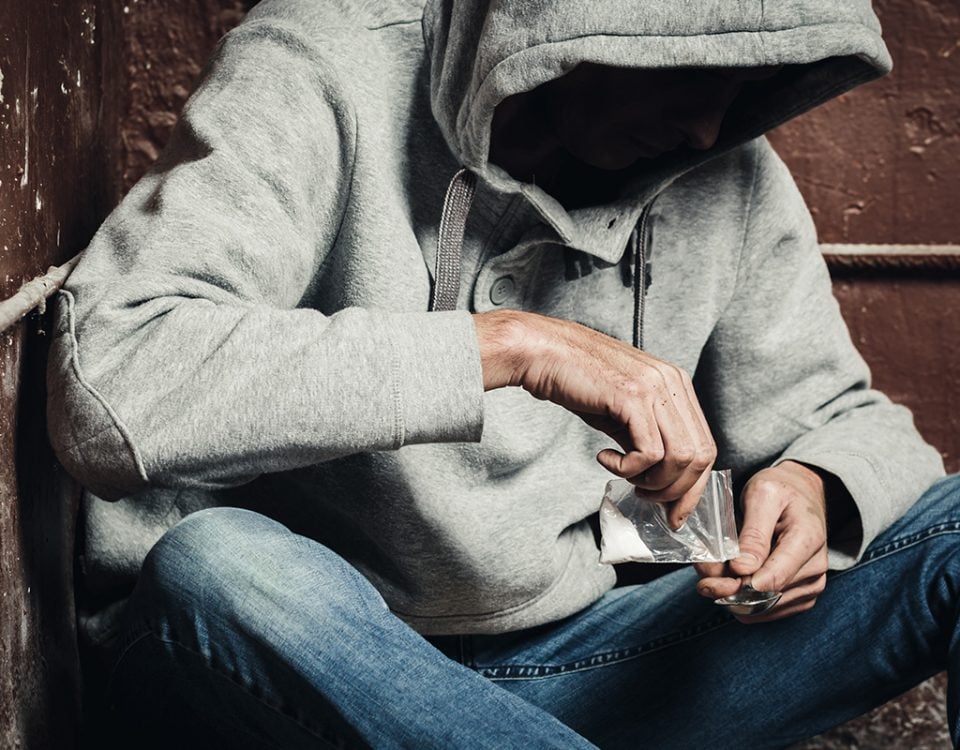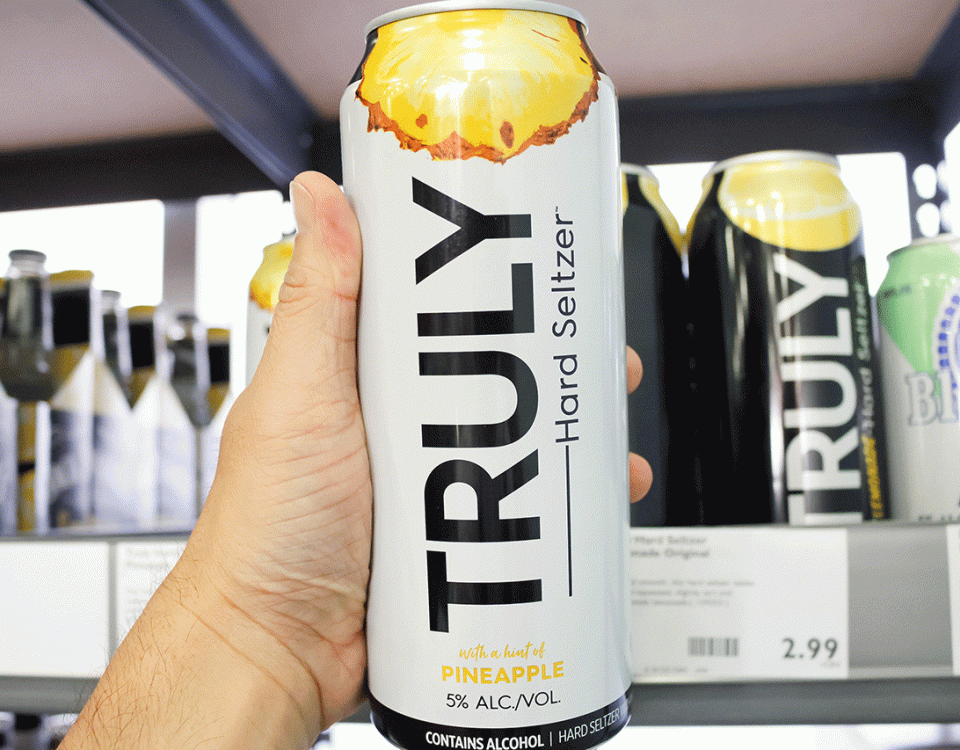When you take that brave decision to enter rehab, you’re starting a whole new journey that requires constant dedication and commitment. While you may have practiced these qualities in other areas of your life, addiction recovery is personal and oftentimes challenging. This process isn't simple, and it can’t be rushed, which are two hurdles that many people struggle to jump over. For those who hit a wall on this journey, our Pompano Beach drug rehab is sharing helpful tips for overcoming burnout in addiction recovery.
The Risk of Burnout Relapse
So, what is burnout? Burnout is a syndrome caused by chronic stress that hasn’t been properly managed. The term was first coined in 1974 by psychologist Herbert Freudenberger.
Burnout is usually related to work and school, so much so that studies report that approximately two-thirds of full-time employees experience burnout. However, there’s also a significant link between burnout and addiction.
Burnout and substance abuse are most likely to occur in high stake situations, particularly among individuals with stressful and demanding jobs like first responders, entrepreneurs, lawyers, athletes, medical professionals, and c-suite executives. That said, burnout can occur in virtually any job field where the employee sustains large amounts of responsibility and experiences lingering feelings of fatigue, dissatisfaction, and depression with their job.
Common symptoms of burnout include:
- Chronic fatigue
- Anger and irritability
- Self-criticism
- Emotional outburst
- Crying
- Depression
- Negativity
- Self-criticism
- Negative self-talk
- Hair-trigger emotions
Considering that stress is a common contributing factor to substance abuse, it’s no surprise that people who experience burnout are at a higher risk of developing an addiction. These individuals may turn to drugs and alcohol to cope with their stress and “wind down” after a long day at work (which might end up being every day for them).
When these people undergo outpatient or partial hospitalization treatment and get sober, they might continue to struggle with overcoming burnout in addiction recovery if they aren’t careful. To prevent the risk of relapse, people in recovery from addiction need to implement certain habits.
Questions about our Facilities or Programs?
Our admissions coordinators are available 24/7 to answer any questions you may have as you consider whether treatment at Banyan is right for you or your loved one.
How to Cope With Burnout in Addiction Recovery
Unfortunately, many people have associated burnout with hard work to the point where it’s considered a normal aspect of progressing in whatever you’re doing. However, we will never be perfect in everything we do, so it’s important to approach addiction recovery with patience. With this in mind, below are some tips for recovery from burnout that may help you.
Find Your Triggers
There are common burnout triggers that you should keep in mind, including heavy workloads at home, school, or work; numerous chores; lack of rest; lack of self-care; and more. There’s also a matter of relapse triggers to avoid, such as going to places where you used to drink or do drugs, spending time with friends who used to drink and do drugs with you, and stress.
As someone in addiction recovery, you have to be mindful of these triggers. You can even create a list of the things that tend to overwhelm you and make you feel burnt out so you can figure out healthy ways to cope with them.
Organize Yourself
Stress has a lot to do with a lack of organization. Whether it is at work or in your personal life – and especially if you have kids – your schedule can easily get packed and leave you with little time for rest. For this reason, make sure to keep yourself organized by using an agenda, an app on your phone, or keeping a calendar somewhere you can see it every day.
Don’t Bite Off More Than You Can Chew
While “yes people” may give off the impression they can do it all, the reality is that no one can do it all, and that’s okay. Again, whether it’s at work or home, it’s okay to say no to situations and people who might overwhelm you, contribute to burnout, and even contribute to a relapse. While you don’t have to be harsh, be honest and kindly decline invitations or requests for things when you know you don’t have the time or bandwidth for them.
Don’t Compare
Self-comparison is difficult to avoid in addiction recovery. You might know of others who seem like they’re so much farther along in their sobriety than you, but this isn’t the case.
The recovery journey is different for everyone, and comparing yourself to others may only discourage you. Emotional instability and negativity are also contributing factors to burnout in addiction recovery, so try and stay positive and stay focused on your progress and what you can do to improve yourself.
Be Patient With Yourself
Patience is key when it comes to recovering from anything, especially addiction. Addiction is a chronic disease just like any other, meaning that it doesn’t necessarily have a cure.
However, with treatment and continuous support, a person who’s dealt with the severest of substance use disorders can stay sober for the rest of their lives. Considering that recovery is an ongoing process that may fluctuate in difficulty, it’s important to be as patient with yourself as you would be with someone who’s recovering from a relapse from Crohn’s Disease or asthma.
Find a Support Group
Recovery support groups offer a safe space to talk about any struggles you might have and expose you to people in the recovery community. Not only can you vent negative thoughts and emotions, but you can also learn new habits from others in the group. Our Pompano Beach treatment center offers 12-step groups and other substance abuse programs that could help you.
Getting into treatment is easy with our free insurance verification
"*" indicates required fields
Burnout Recovery Stages
The burnout recovery time varies from person to person, depending on the changes they’re willing to make in their day-to-day lives. In addition to the tips we’ve offered above, there are also these burnout recovery stages to keep in mind:
Reorganize: First you must reorganize your goals to see why you do what you do.
Reframe: Then, you must reframe the way you approach your goals instead of avoiding them.
Rebalance: Finally, you have to rebalance the goals you want to have more time for. Basically, your “want to” and “don’t want to.”
If you or someone you care about hasn’t taken that first step towards recovery, we can help. Banyan Treatment Centers offers addiction and mental health treatment in Pompano that incorporates medical detox, substance-specific care, psychotherapy, and more to ensure our clients have everything they need to sustain long-term sobriety.
For more information about our facility and services, call Banyan today at 888-280-4763.
Sources:
Related Reading:









